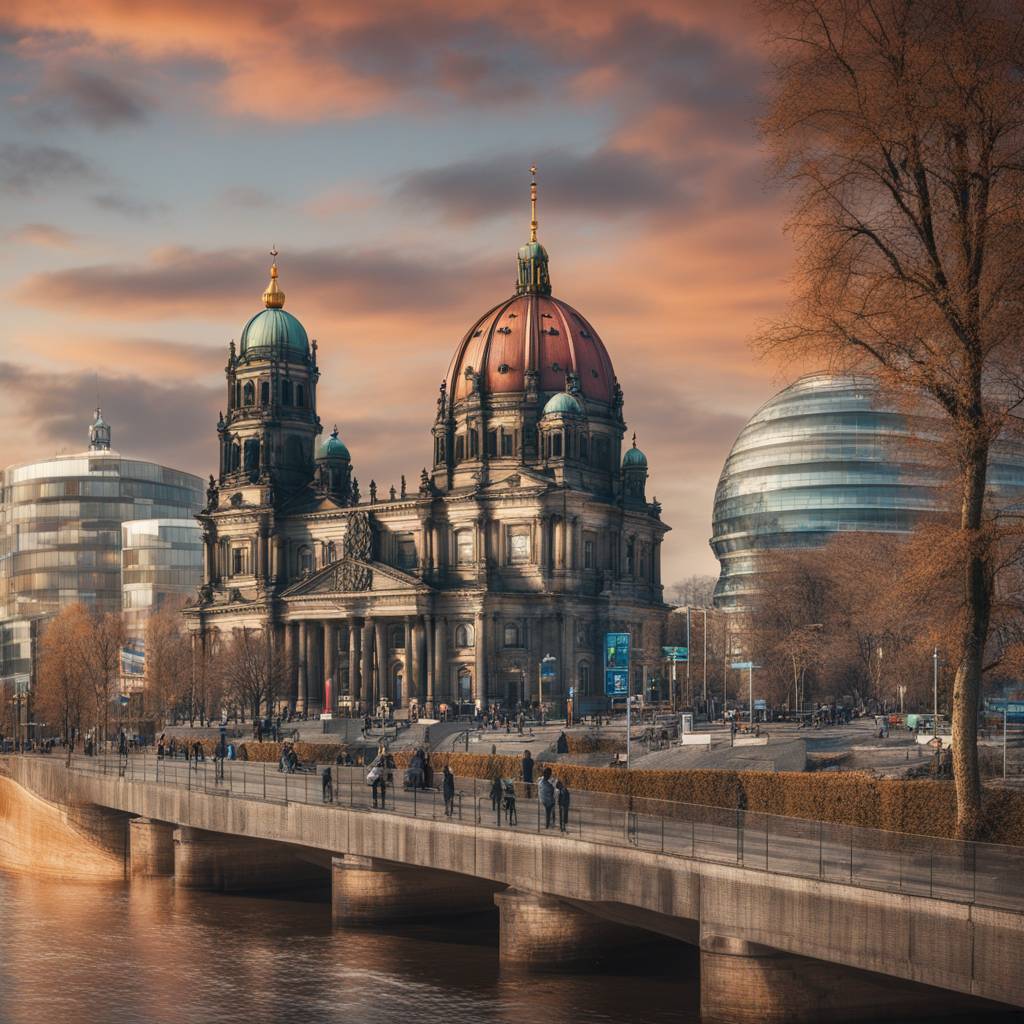The arts scene in Germany, specifically in Berlin, has been facing upheaval due to the conflict in Israel and Gaza. Artists are facing consequences such as canceled performances, lost funding, and accusations of antisemitism for speaking out about the war. This has led to a climate of fear and recrimination that threatens Berlin’s status as an international cultural capital. Many artists, both local and foreign, are feeling uncertain about their welcome in the country.
The German government’s historical responsibility towards the Holocaust and its staunch support for Israel has created a culture of remembrance that limits criticisms of Israel. Artists expressing opinions on the conflict risk facing significant repercussions, including canceled exhibitions, lost funding, and accusations of antisemitism. This has led to a sense of new limitations and control in the arts scene in Berlin, impacting the city’s reputation as a hub for artistic freedom and innovation.
Cultural leaders and artists have raised alarms about the impact of recent events on the artistic community in Berlin. The cancellations, postponements, and uproars have affected every sector of the arts, from film festivals to theaters and galleries. The city’s reputation as an artistic capital is at risk, with concerns about attracting talent and diverse audiences. The restrictions on free expression and the fear of consequences for speaking out have created a challenging environment for artists in Berlin.
Accusations of antisemitism have become widespread, with many artists facing allegations, including Jewish individuals. The restrictions and hesitancy in inviting certain artists with Middle Eastern backgrounds have created a risk-averse culture in cultural institutions. The reliance on government funding for artists makes it challenging to navigate controversial topics without facing potential backlash, leading to self-censorship and limitations on artistic expression.
The ongoing tensions in Germany have roots in historical responsibility towards the Holocaust, the rise of far-right populism, and the influx of refugees in 2015. The government’s defense of Israeli policy as a matter of Staatsräson has further complicated discussions around free expression and association. The tensions in Berlin’s arts scene reflect a larger struggle over national identity and historical reckoning that is impacting the city’s reputation as an artistic capital.
Despite these challenges, many artists and cultural leaders are advocating for the preservation of Berlin’s cultural freedom. The importance of fostering an environment that allows for experimentation and creativity from artists around the world is highlighted as crucial for the city’s continued relevance as a cultural hub. Protecting cultural freedom is seen as essential not only for the arts scene but also for combating antisemitism and bigotry, ensuring that Berlin remains a beacon for artistic expression and innovation.








